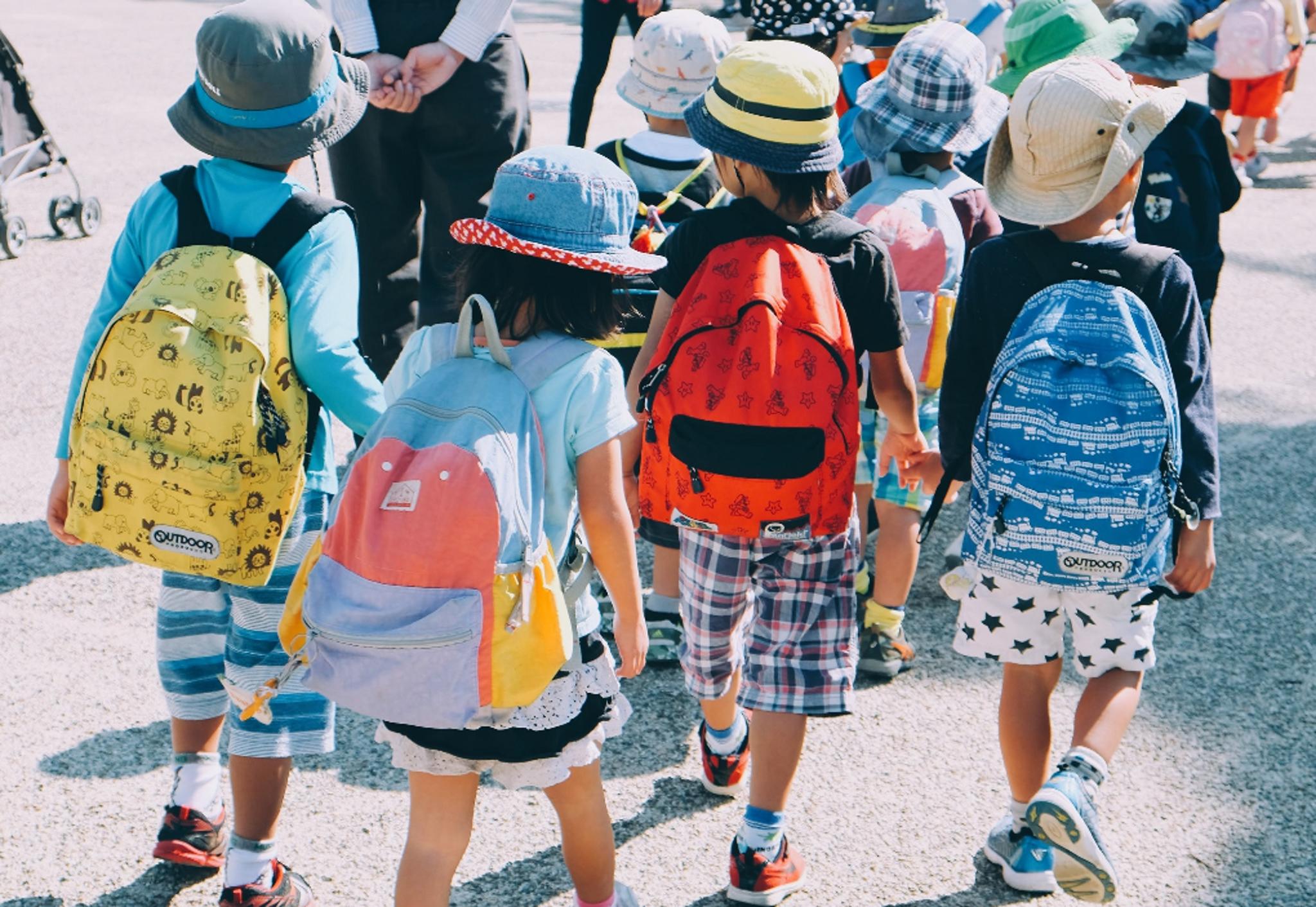Enhancing protections for children's data


Contributors:
Müge Fazlioglu
CIPP/E, CIPP/US
Principal Researcher, Privacy Law and Policy
IAPP
From the disparities that online monitoring software can exacerbate among remote learners, to the harms teens are exposed to via dark patterns and algorithms, an increasingly complex batch of privacy problems revolve around the use of children’s data.
Many of these problems surfaced in public last month when The Wall Street Journal published an investigative series entitled “The Facebook Files” that sought to document the “ill effects” of these platforms. According to one internal study leaked in the reports, about one in three (32%) teen girls who felt bad about their bodies said that using Instagram made them feel even worse. Sizeable minorities of teens, especially girls, also said social media compounded their struggles with problems such as anorexia, self-harm and suicidal thoughts.
This reporting was made possible by a former Facebook data scientist-turned-whistleblower named Frances Haugen, who provided company documents that served as the basis for the series. Haugen was subsequently summoned to Capitol Hill and testified before the Senate Commerce, Science and Transportation Committee, which has been debating reforms to the nation’s privacy laws for several years. At the end of September, Facebook’s Global Head of Safety, Antigone Davis, also testified before the committee in a subsequent hearing on “Protecting Kids Online: Facebook, Instagram, and Mental Health Harms.” Still more hearings are planned. Executives from Alphabet, Snap and TikTok were also expected to testify before the committee on Oct. 26. And, earlier this month, Sen. Richard Blumenthal, D-Conn., again called on Mark Zuckerberg as well as Instagram head Adam Mosseri to testify before the committee.
This round of Congressional privacy hearings, however, does not feel like others before it.
Although we are five years into the so-called “techlash,” which many observers believe began in 2016, Congress is scrutinizing the practices of social media companies even closer today. While lawmakers have remained divided on many issues, children’s privacy is one of the few where there seems to be genuine bipartisan support for more regulation.
While privacy observers in the U.S. have for years been anticipating new federal privacy legislation, the whistleblowing activity of Frances Haugen may be the proverbial “last straw” to break Congress’s back. To recall, several other narrow privacy laws have come into being only after a real-world catalyst shed light on an important problem. The Video Privacy Protection Act of 1988 was passed in response to the disclosure of Supreme Court Justice Robert Bork’s video rental records by a local newspaper, while the Drivers Privacy Protection Act of 1994 was prompted by the murder of actress Rebecca Schaeffer. And many will remember Edward Snowden’s revelations to The Guardian and other news outlets in 2013 led to the passage of the USA Freedom Act, which ended the bulk collection of Americans’ telephone records.
While a couple of partisan dividing lines have been present in the debate over the passage of an omnibus federal privacy law, providing more protection for children’s information online is a much less politically divisive agenda item. As Sen. Ed Markey, D-Mass., recently said, “The public is demanding action, and there is bipartisan support for congressional efforts to, at the very least, update the laws protecting our kids online.”
In the wake of the Haugen leaks, Facebook announced it would be halting its “Instagram Kids” project, which would provide an Instagram-like service for children under the age of 13. Snapchat’s CEO recently said the company has no plans for a Snapchat for Kids specialized service. Other companies will likely think twice before rolling out any new initiatives aimed at children until there is greater clarity on consumer sentiment and plans by Congress. It was not too long ago that Google (via YouTube) settled with the FTC by paying $170 million in 2019 over violations of COPPA, a reminder that there can be real monetary fines for getting children’s privacy wrong.
Another partial explanation for why children’s privacy is getting more and more attention is the increasing use of media by children — propelled by the fact children are younger and younger when parents gift them their first tablet or smartphone, as more than half now have one by age 11. Similarly, a recent study of the University of Michigan Health C.S. Mott Children’s Hospital National Poll on Children’s Health found that half of children aged 10-12 and a third of children aged 7-9 use social media apps such as TikTok, Snapchat or Instagram. But, while parental supervision is a key component of the risk mitigation systems that underpin these platforms, many parents are unable to devote the time or resources needed to limit the collection and use of their children’s data.
Indeed, nearly 40% of the parents of children aged 7-12 find it too time-consuming to monitor their children’s use of social media. For the half (56%) of parents who say they are able to use the privacy settings on these apps, Common Sense media created an “Parents’ Ultimate Guide to TikTok” to help children use the app safely.
These questions around the benefits and harms of social media have become central concerns not just for lawmakers, but also for the general public: According to a mid-October poll conducted by Quinnipiac University, 70% of Americans said social media companies like Facebook and Twitter do more harm than good (while 20% said they do more good than harm and 10% were neutral/undecided).
Children are a vulnerable population for which greater legal protection is needed in all areas, including privacy. Raising a toddler, I see it everyday: Children are curious, brave and motivated explorers, but most things in the world are novel, unknown, and therefore interesting to them. This combination, in a digital environment that is saturated with noise and complex audio-visual information, can create confounding situations for them. While kids are amazingly adaptable and avid learners, they need to grow up in an environment in which risks are assessed and mitigated and their right to privacy is respected.
Photo by note thanun on Unsplash

This content is eligible for Continuing Professional Education credits. Please self-submit according to CPE policy guidelines.
Submit for CPEsContributors:
Müge Fazlioglu
CIPP/E, CIPP/US
Principal Researcher, Privacy Law and Policy
IAPP



